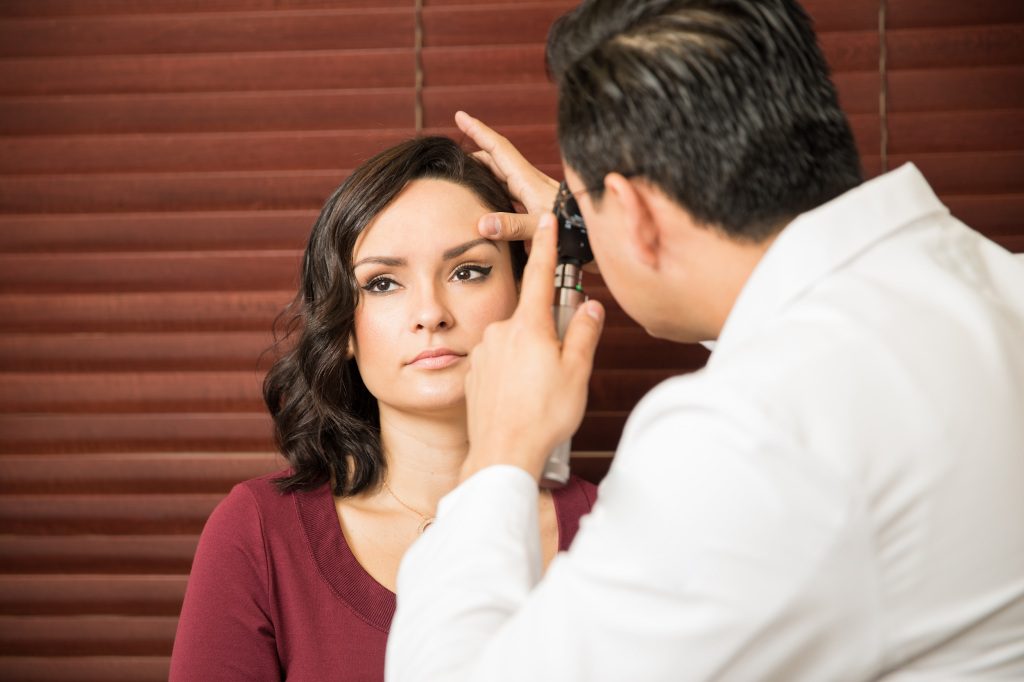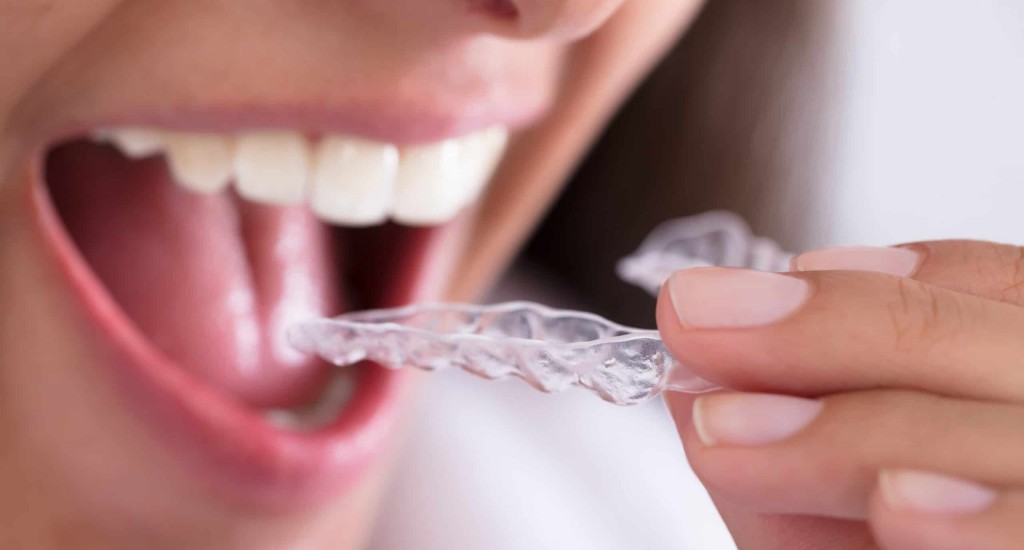Teeth grinding is as common in kids as it is in adults. Reportedly, 13% of people have issues with teeth grinding, while kids show signs of bruxism as early as the age of five. However, there’s a difference between daytime grinding and its causes and nighttime grinding. Regardless, teeth grinding should be recognized as an early sign of a possible issue later on in life and treated accordingly.
What is bruxism?
Bruxism is a medical term used to label the condition of teeth grinding, jaw clenching, and teeth gnashing. Those who grind their teeth might be under stress, suffer from anxiety, and have other contributing factors. If you want to test whether your child has these issues, pay attention to their sleep. Bruxism is noticeable during sleep, so listen closely to those teeth clicking sounds or grinding noises. But, if you fail to notice any weird sounds during your child’s sleep, look for other physical signs when they are awake.
Why do kids suffer from bruxism?
Kids, just like adults, can suffer from bruxism and can grind their teeth. While an adult can specify when they are under stress or feel anxious, we cannot exactly expect three year old to voice their emotions.
But, we can watch their behavior and notice any changes in their emotional state and the quality of their sleep. When it comes to older children, they can be under stress as well so we can communicate with them. There are also other factors like family history with teeth grinding, any stressful events that might have happened recently, or other environmental factors that affect emotional states.
It’s just temporary
Some kids that have teething problems or experience discomfort can unconsciously grind their teeth to relieve this sensation. Once their teeth come out, they’ll grow out of this habit at some point. If you notice that your toddler keeps rubbing their teeth in that jaw-clenching motion, pay attention to this behavior.
It’s due to stress
Stress is our reaction to things we experience daily. Even kids can have a stressful reaction to situations in their life like losing a favorite toy or getting into an argument with a sibling. It still has to be determined whether bruxism is caused by stress or another way around. Nonetheless, age can be crucial in determining stress as a factor that causes bruxism. Children who go to school are under stress because of schoolwork, after-school activities, chores, and any other responsibilities. Also, any changes in routines like moving to a new city or a new home can also disrupt their life and be the cause of temporary stress.
…and anxiety levels
Stress and anxiety go hand in hand because one often causes the other and vice versa. People who are anxious have trouble relaxing their muscles so they can engage in activities like teeth grinding. A tight jaw is a symptom of anxiety just like tight shoulders or any other physical form of restlessness.
When do kids get anxious? For example, toddlers can suffer from separation anxiety when they first start kindergarten. Older kids can get anxious because of school or the relationships they form during their childhood. The catch here is that these symptoms can evolve over time and lead to the development of issues like bruxism.
Health conditions
There are some instances when health conditions may be the cause of teeth grinding at night. Kids can also have trouble sleeping especially if they are diagnosed with ADHD, headaches, and sleep issues like breathing problems during sleep. Kids that snore can develop bruxism because snoring can be a sign of breathing difficulties. Either way, bruxism may be linked to these health issues.
How is bruxism treated?
One thing is for sure – if bruxism runs in your family, and you want to prevent your child from putting too much pressure on their teeth, you should take action. Finding a suitable mouth guard for teeth grinding and preventing this issue from causing too much damage. If there isn’t any familial reason to think that your child has what you have, you should pay attention to the symptoms we’ll discuss below.
What signs to look for?
Now, if you suspect that your kid might be suffering from bruxism, pay attention to the following signs so you’ll know which steps to take.
The sound
Kids that grind their teeth at night can be heard because this is a telltale sign of nighttime teeth grinding. Heavy grinders can clench their teeth so hard that they can be easily heard and noticed by everyone in the room. Even though this is the most common sign, it isn’t the only one and it can easily go undetected. Maybe someone clenches their teeth but doesn’t grind so you won’t hear that unusual nose. If this is the case, you should pay attention to other warning signs.
Pain and other forms of discomfort
When kids clench or grind their teeth during sleep, they put pressure on their teeth and jaw which leads to feelings of pain and discomfort. Pain can be manifested in the form of a headache, migraine, and also a painful jaw. The jaw muscles can be strained just like any other muscle so look into these warning signs especially if your kid keeps complaining about a headache.
Painful or cracked teeth
Grinding continually even if it isn’t that hard, can cause tooth sensitivity, cracks in the enamel or even chipped teeth. Not to mention how heavy grinding can have a negative effect on your kids’ teeth. So, if you notice that your kid has a cracked tooth or they complain about sensitive gums, painful gums or any other tooth sensitivity, you’ll have to act fast. Notice if they make a face when they drink both hot and cold drinks because this might be a sensitivity reaction. Your kid might not know how to word their discomfort, but the facial expression can be worth a thousand words.
Clicking sound when they speak or eat
An unusual clicking sound when your kid speaks or eats is caused by irritated jaw joints. Pay attention to any sound when your kid opens their mouth to yawn, or when they eat something that requires continual chewing.
Tiredness
Lastly, f your kid is unusually sleepy or tired and you can’t explain why it might be due to poor sleep caused by heavy teeth grinding. This can be a sleep-disrupting factor affecting the quality of sleep and energy levels. It’s normal to experience tiredness if your sleep is disrupted several times a night. So, if you notice a sudden drop in energy levels, consider this as one of the possible signs.
Should you take your child to the dentist?
If you notice these signs, you should take your child to a dentist to seek a professional diagnosis and treatment. If you aren’t as sure, but you suspect this might be happening, you can wait until your regular checkup to discuss this with your kid’s dentist. Regardless, if they determine that your child has trouble grinding their teeth at night, you’ll be presented with one of the solutions. Typically, teeth grinding is treated with a night guard, sometimes medication, and an orthodontic treatment if there is some teeth misalignment causing this.
Conclusion
The only way to determine whether there’s anything wrong with your child that requires your attention is by paying attention. Especially during young age, kids have to be reminded to brush their teeth so you might as well pay attention to whether they grind or not.


